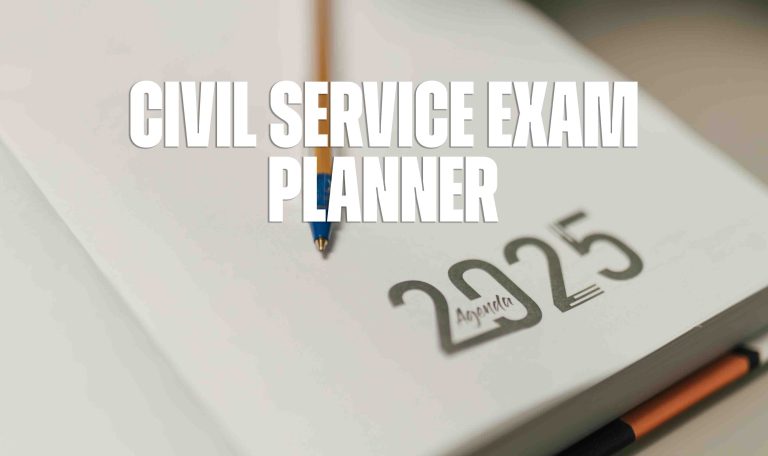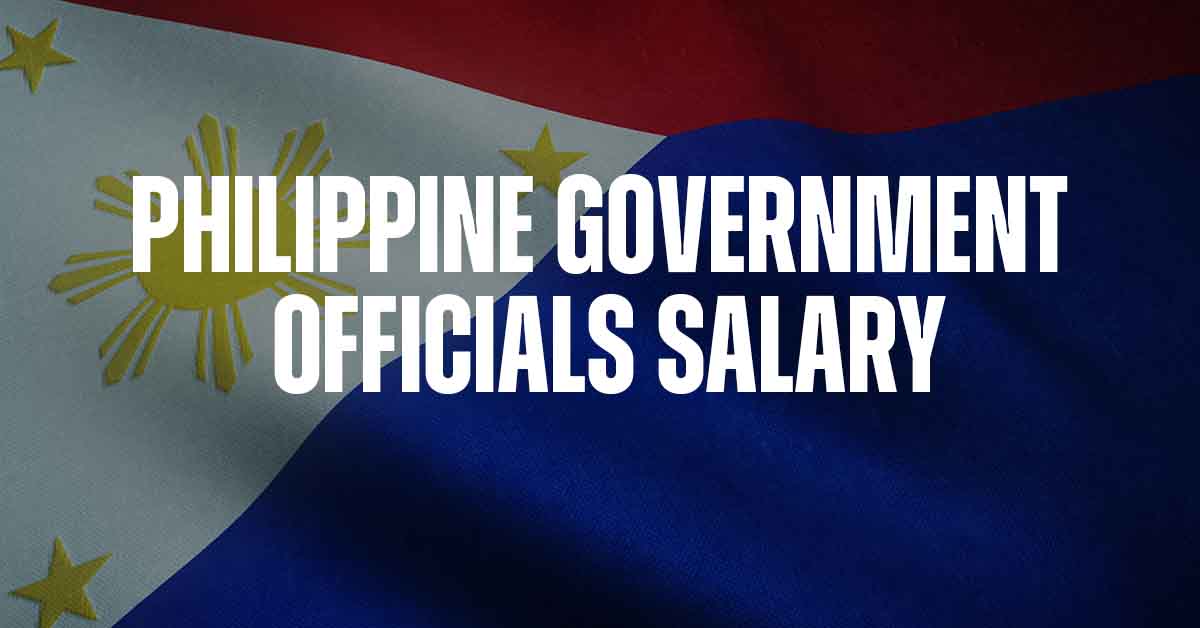Effective time management is crucial for success in the Civil Service Exam (CSE). With a vast syllabus and limited preparation time, implementing strategic time management techniques can enhance productivity, reduce stress, and improve performance. Research indicates that students who plan their time well are more likely to achieve higher academic performance.
1. Develop a Realistic Study Schedule
Creating a structured timetable is the foundation of effective time management. Break down the CSE syllabus into manageable sections and allocate specific time slots for each topic. Ensure that your schedule is realistic and flexible to accommodate unforeseen events. A well-planned timetable helps in covering all subjects systematically and prevents last-minute cramming.
2. Prioritize Tasks Using the ABC Method
Not all study tasks hold equal importance. The ABC prioritization method categorizes tasks into three groups:
- A: Crucial tasks that must be done immediately.
- B: Important tasks that can be scheduled later.
- C: Optional tasks that have minimal impact.
By focusing on ‘A’ tasks first, you ensure that high-priority topics receive the attention they deserve.
3. Implement the Pomodoro Technique
The Pomodoro Technique enhances focus and productivity by breaking study sessions into intervals. Study for 25 minutes, then take a 5-minute break. After four such sessions, take a longer break of 15-30 minutes. This method helps maintain concentration and prevents burnout.
4. Minimize Distractions
Identify and eliminate factors that divert your attention during study time. This may include turning off non-essential notifications, creating a dedicated study space, and informing family members of your study schedule to avoid interruptions. Research shows that students reported being distracted about 20% of their study time, which negatively impacted their exam performance.
5. Set SMART Goals
Define Specific, Measurable, Achievable, Relevant, and Time-bound (SMART) goals for your study sessions. For example, instead of a vague goal like “study mathematics,” set a specific target: “Complete and review practice questions on algebra and geometry for two hours.” This clarity enhances motivation and provides a clear roadmap for your preparation.
6. Regularly Review and Adjust Your Schedule
Periodically assess your study plan to ensure its effectiveness. If certain strategies or schedules aren’t yielding the desired results, be prepared to make adjustments. Flexibility allows you to adapt to new challenges and ensures continuous improvement in your preparation approach.
7. Practice with Mock Exams
Simulate exam conditions by taking timed mock tests. This not only familiarizes you with the exam format but also helps in honing your time management skills during the actual test. Regular practice can significantly boost confidence and performance.
8. Maintain a Healthy Lifestyle
Physical well-being directly impacts cognitive functions. Ensure adequate sleep, maintain a balanced diet, and incorporate regular physical activity into your routine. A healthy body supports a sharp mind, essential for effective study sessions.
9. Avoid Procrastination
Procrastination can derail even the best-laid plans. Combat this by setting clear deadlines, breaking tasks into smaller steps, and rewarding yourself upon completion. Understanding the reasons behind procrastination can also help in developing strategies to overcome it.
10. Seek Support When Needed
If you find certain topics challenging, don’t hesitate to seek help. Join study groups, consult mentors, or utilize online resources. Collaborative learning can provide new perspectives and enhance understanding.
In conclusion, mastering time management is a pivotal aspect of preparing for the Civil Service Exam. By implementing these strategies, you can optimize your study sessions, reduce stress, and enhance your chances of success. Remember, consistency and discipline are key. Start early, stay committed, and approach your preparation with a positive mindset.





0 comments